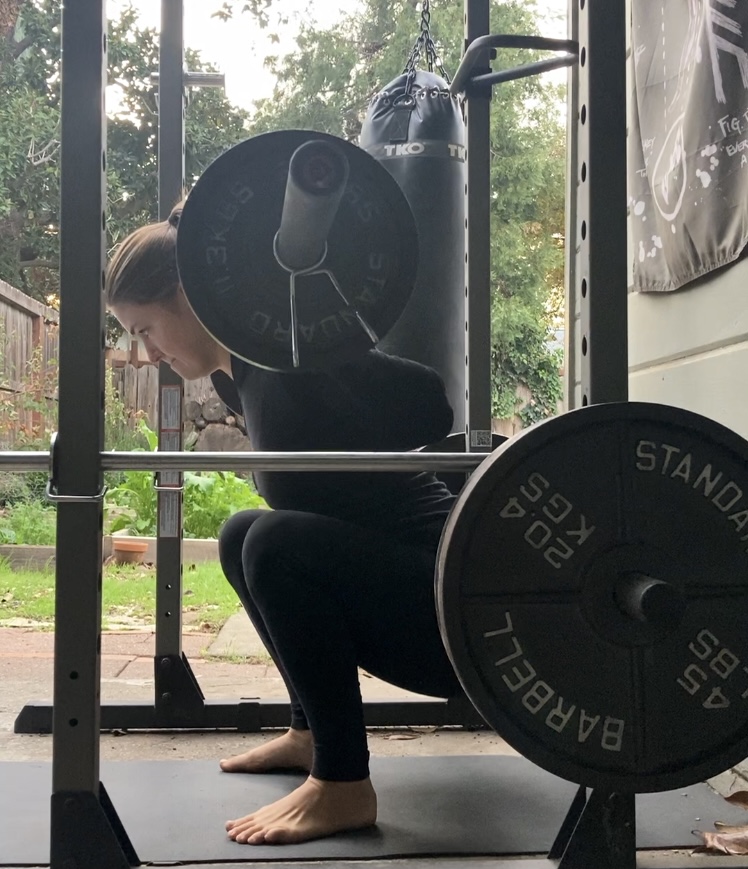Overcome Your Gut + Digestive Issues With Ancestral Nutrition
Mainstream Sports Nutrition Vs. Ancestral Sports Nutrition

“Your 20s is the prime of your athletic career, once you hit 30 it’s all bad knees, injuries, and downhill from there!”
At least that’s what the mainstream would have you believe. While this does happen often, It’s completely avoidable! Of course our bodies become less efficient at repairing themselves as we age, but they should not be falling apart beyond repair in our 30s!
I believe so many athletes are out in their 30s because mainstream sports nutrition does not prioritize micronutrients (vitamins and minerals)! Therefore many athletes go into nutrient debt borrowing the nutrients they need for vital functions (like heart contractions and nerve signaling) from their bones, joints, and other tissues; weakening these parts over time.
When studying nutrition in college, I took a handful of sports nutrition classes and was so appalled by some of the sports nutrition advise I learned in these classes. Things like:
- Eat high glycemic carbs before and after your workout things like cereal, refined grains, white bread, etc.
- Eat about 6 times a day
- Drink sugar gels and Gatorade during long workouts
- Get only about 20% Calories from fat
- Get 50-60% Calories from carbs (this can get up to 650 grams for some)
There is so much wrong with this approach! It’s so focused on continuously supplying the body with sugar, like sugar was some kind of performance enhancing drug. (Well I guess it kinda is, but the health consequences are not worth it!)
This focus on sugar and protein, means little attention is given to adequate fat and micronutrient consumption. The “if it fits your macros” kind of approach. However, micronutrients are crucial for every system in our body. When we don’t get enough, these systems have trouble functioning properly and repairing themselves.
For example, if you’re continuously deficient in collagen, calcium, magnesium, phosphorus, vitamin K2, vitamin D3, or other bone and joint building nutrients, your bones and joints will weaken with time. Then you get injured, because of the weakness in your bones and joints, and you have a very difficult time recovering due to the lack of nutrients necessary to rebuild and repair them.
So what can you do?
Follow a more ancestral sports nutrition model:
- Get plenty of high quality protein (about 1g protein per lb body weight) and micronutrients from nose to tail animal foods (that means muscle meat, organs, bone broth, eggs, and any other part you’d like).
- Train your body to burn fat for fuel in addition to carbs by cutting out vegetable oils, increasing your healthy fat intake, and waiting at least 3 hours between meals.
- Eat healthier carbs like fruit, honey, root veggies, dairy, and soaked and cooked white rice. Always pair with protein to slow blood sugar spike.
- Drink bone broth or eat bone marrow to support your bone and joint health.
- Prioritize nutrient rich whole foods to ensure adequate micro-nutrient consumption.
- Focus on long term health in addition to optimizing your sports performance.
* If you want help maximizing your athletic performance; gaining muscle, strength, and size; setting, tracking, and adjusting macros; or cutting fat; then click here to book a free discovery call with me! I’ve been an athlete for most of life and have studied sports nutrition in order to optimize my own performance and body composition. I’ve also helped multiple clients to improve their sports performance and body composition through a sensible nutrition plan and I’d love to help you too!

